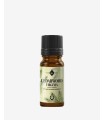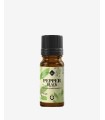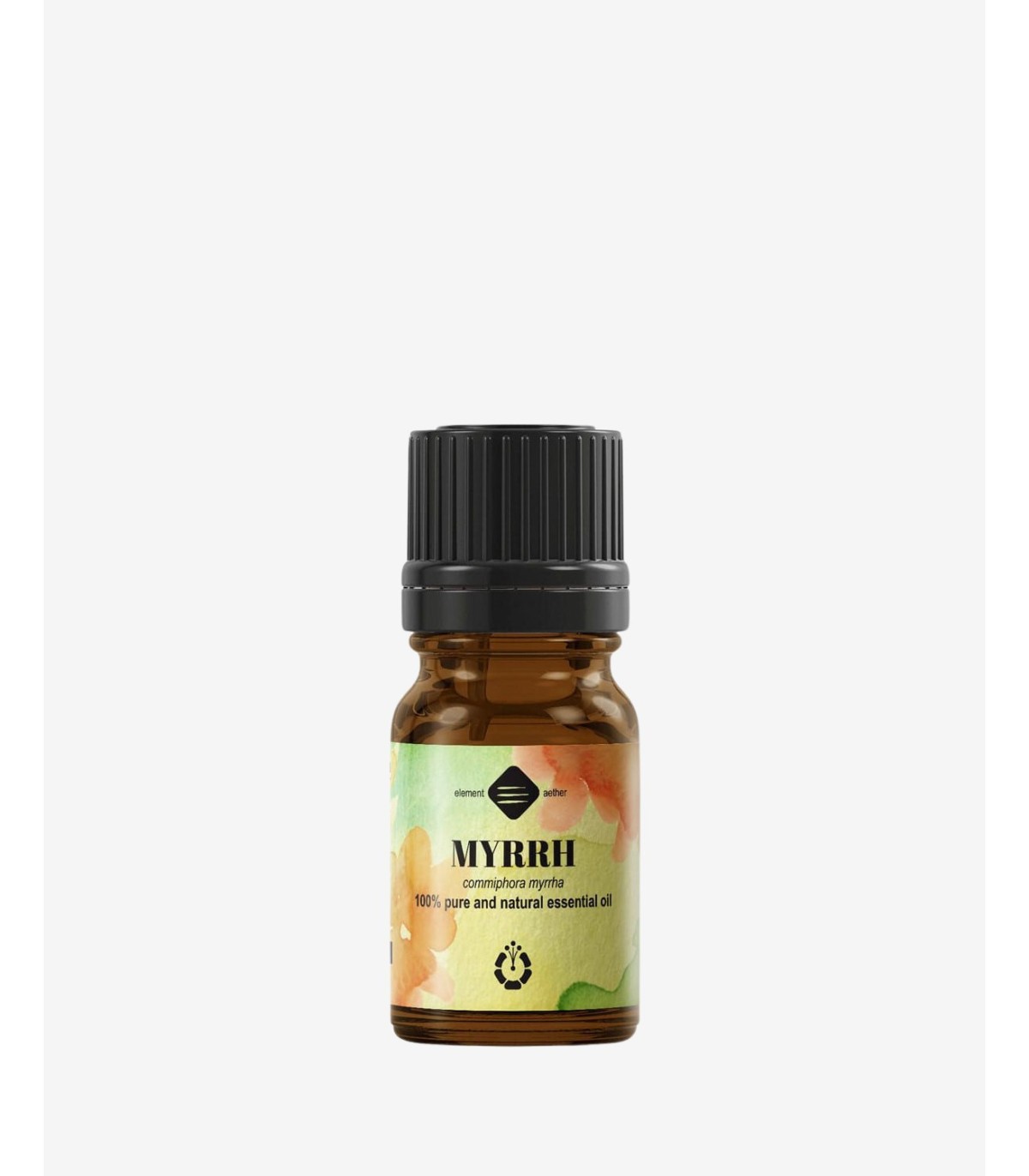Data sheet
- INCI
- Commiphora Myrrha Oil
- Other names
- Myrrha oil
- Status
- 100% pure & natural, E.O.B.B.D. botanically and biochemically defined
- Classification
- cosmetic grade, food grade
- Method of production
- steam distillation
- Plant part
- gum/resin
- Processing
- full spectrum, non-fractionated, not denatured, undiluted
- Natural index
- ISO 16128: Natural 1.0
- Main constituents
- furanoeudesma-diene, curzerene, lindestrene
- Appearance
- yellowish, amber, semi-viscous, liquid
- Scent, aroma
- balsamic, earthy
- Fragrance note
- base note
- Solubility
- in ethanol, in oil
- Use level
- conforming to IFRA
- Specific indications
- wellness, bad breath, itching, sores, wounds, stretch marks, stress, eczema, atopic skin, scars
- Key benefits
- anti-aging, restoring, relaxing, regenerative, purifier, wound healing, antiinflammatory
- Suitable for
- perfumery, massage, aromatherapy, cosmetics, candles, oral hygiene, treatments
- SKIN CARE
- Shaving/aftershave, Serums, Treatments, Face oils, Face creams
- BODY CARE
- Body butters, Body oils, Creams, Lotions, Massage oils
- HAIR CARE
- Conditioners, Scalp serums, Treatments
- SKIN TYPE
- Mature, Acne-prone, All types
- STORAGE
- in a cool, dry place protected from sunlight, keep out of reach of children
Precious essential oil with a warm, earthy, resinous, balsamic and spicy aroma, esteemed since ancient times for its spiritual benefits, nowadays also valued in cosmetics, aromatherapy and perfumery.
Precious essential oil with a warm, earthy, resinous, balsamic and spicy aroma, esteemed since ancient times for its spiritual benefits, nowadays also valued in cosmetics, aromatherapy and perfumery.
Since ancient times myrrh resin has been used both for its aroma and for its remarkable properties on the body and mind. Highly prized in the ancient world, used as medicine by the Chinese, Greeks and Egyptians, it is mentioned in the Old Testament as being used in Christian liturgical celebrations.
Myrrh is a shrub native to Somalia and Ethiopia that grows up to 5 m tall. When the bark is cut, the tree exudes a yellowish viscous resin, which once dried is steam distilled to produce the essential oil.
Nowadays myrrh is used in traditional Chinese medicine, Ayurveda, Unani medicine and allopathic medicine as well.
Ingredients: Commiphora Myrrha Oil
Olfactive profile: balsamic, resinous, mushroomy, syrupy, earthy
BENEFITS
- distinguished, precious oil
- anti-aging, rejuvenating
- rich in anti-infective and anti-inflammatory substances
- purifying, helps problem skin
- regenerating, wound healing
- soothing, ideal for the care of sensitive skin
- improves various skin conditions
- contributes to oral health
- grounding, soul comforting
- ideal for spiritual, meditative and room fragrancing applications
USE RECOMMENDATIONS
- as ingredient in cosmetic formulations, creams, butters, serums, oil mixtures
- dilute with a plant oil and apply on the skin by massage
- add to a dispersible bath preparation and pour into warm bath water
- as an ingredient in soap and toiletries, oral care
- in diffuser, optionally combined with other essential oils
- as a component for the preparation of perfumes
SAFETY DATA
- consult your doctor if you are pregnant, breastfeeding, elderly person, have serious illness, or intend to use essential oils for children
- do not apply directly on mucous membranes, nose, eyes
- consult your doctor or aromatherapy practitioner before ingesting any essential oil
- use only diluted unless advised otherwise by your doctor or certified, experienced and trained aromatherapy practitioner
- those with allergic tendency should perform an allergy test before use
- for professional use refer to the safety data sheet
Data sheet
- INCI
- Commiphora Myrrha Oil
- Other names
- Myrrha oil
- Status
- 100% pure & natural, E.O.B.B.D. botanically and biochemically defined
- Classification
- cosmetic grade, food grade
- Method of production
- steam distillation
- Plant part
- gum/resin
- Processing
- full spectrum, non-fractionated, not denatured, undiluted
- Natural index
- ISO 16128: Natural 1.0
- Main constituents
- furanoeudesma-diene, curzerene, lindestrene
- Appearance
- yellowish, amber, semi-viscous, liquid
- Scent, aroma
- balsamic, earthy
- Fragrance note
- base note
- Solubility
- in ethanol, in oil
- Use level
- conforming to IFRA
- Specific indications
- wellness, bad breath, itching, sores, wounds, stretch marks, stress, eczema, atopic skin, scars
- Key benefits
- anti-aging, restoring, relaxing, regenerative, purifier, wound healing, antiinflammatory
- Suitable for
- perfumery, massage, aromatherapy, cosmetics, candles, oral hygiene, treatments
- SKIN CARE
- Shaving/aftershave, Serums, Treatments, Face oils, Face creams
- BODY CARE
- Body butters, Body oils, Creams, Lotions, Massage oils
- HAIR CARE
- Conditioners, Scalp serums, Treatments
- SKIN TYPE
- Mature, Acne-prone, All types
- STORAGE
- in a cool, dry place protected from sunlight, keep out of reach of children
Specific References
- upc
- B042-1.A08
- mpn
- 33079000



























@CUSTOMER_NAME@
@AUTHOR_PROFILE@ @COMMENT_ISO_COUNTRY@ @VERIFY_PURCHASE@@COMMENT_TITLE@
@COMMENT_COMMENT@